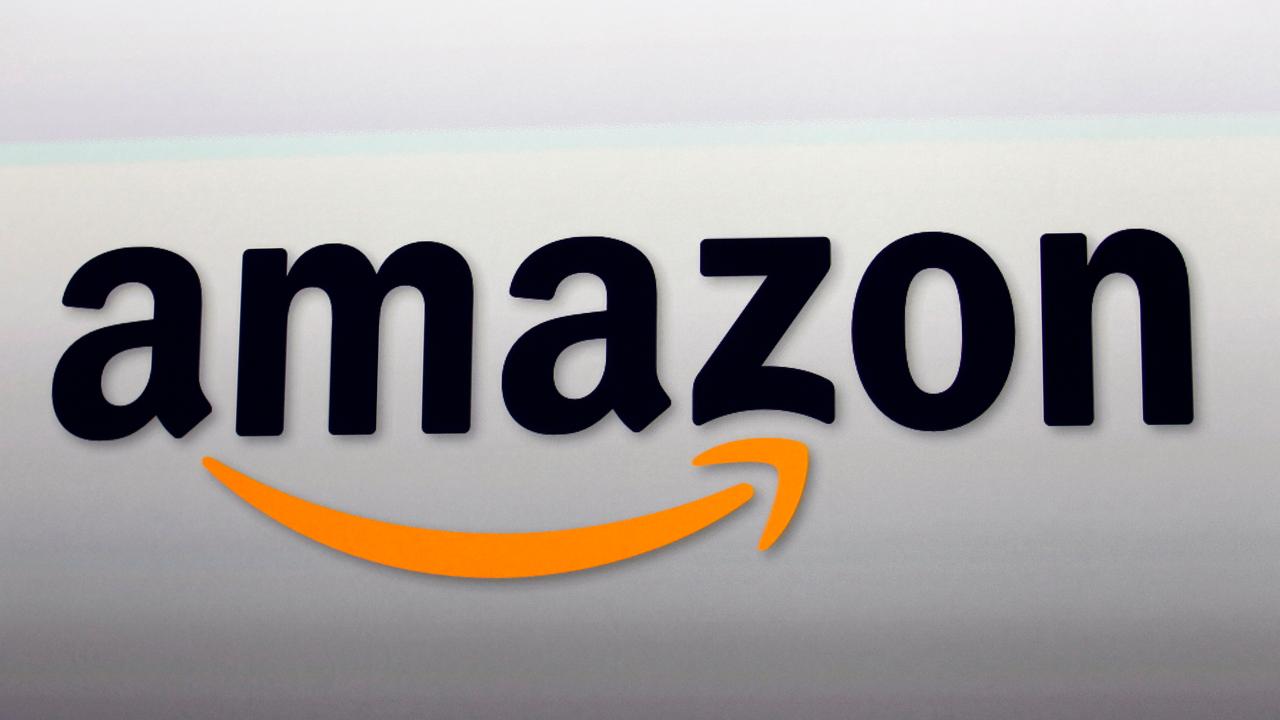What Amazon product liability lawsuits mean for e-commerce giant’s business
A pair of recent court rulings allowing consumers to sue Amazon over defective products could create some short-term concerns for the e-commerce giant and its third-party marketplace, but the trend is unlikely to have a major impact on the platform’s business model.
An Ohio-based federal appeals court ruled this week that a Tennessee family could pursue a lawsuit against Amazon after a hoverboard purchased on its platform via a third-party Chinese company caught fire and destroyed their family home. In a separate ruling earlier this month, a Pennsylvania-based appeals court determined that, under state product liability law, Amazon could be sued over a third-party defective retractable dog leash that left a woman blind in one eye.
The decisions represented a reversal in previous findings regarding Amazon’s liability for defective third-party products on its platform. But since product liability laws are determined on a state-by-state basis, the lawsuits are unlikely to have a major impact unless federal regulators get involved, according to Jon Reily, a vice president and global commerce strategy lead at the Publicis Sapient consulting firm.
“Short term, this will be a hassle for Amazon, much like sales taxes are,” Reily told FOX Business. “There will now be more cases that move their way through the courts on this topic, but since these are state cases they will likely turn out on a predictable spectrum of which states are more interested in consumer protection versus which states aren’t.”
| Ticker | Security | Last | Change | Change % |
|---|---|---|---|---|
| AMZN | AMAZON.COM INC. | 210.32 | -12.37 | -5.55% |
Amazon’s liability in future cases will be determined by whether courts classify the company as a “seller” for all products on its website, or just those over which it has direct control. In both cases, Amazon cited existing precedents or laws that held companies were not responsible for third-party products.
Amazon reported more than $11 billion in revenue from third-party marketplace transactions in its most recent quarterly earnings report.
Amazon’s agreements with third-party vendors likely include a legal protection known as an indemnification clause, which obligates the vendor to cover liability costs in the event of a lawsuit, according to Mark Geistfeld, a professor of civil litigation at the New York University School of Law and an expert on product liability cases.
CLICK HERE TO GET THE FOX BUSINESS APP
While the recent court decisions signal that Amazon can no longer expect to be insulated from all product liability cases, the trend is unlikely to impact the company’s business model in a way that would lead to higher costs for consumers.
“It’s not as if Amazon suddenly is going to incur liability for all defective products that it sells through its website,” Geistfeld said. “In the same way that the prices that we pay from ordinary retailers are substantially increased because of liability, it strikes me that Amazon is not going to be in a fundamentally different position.”




















